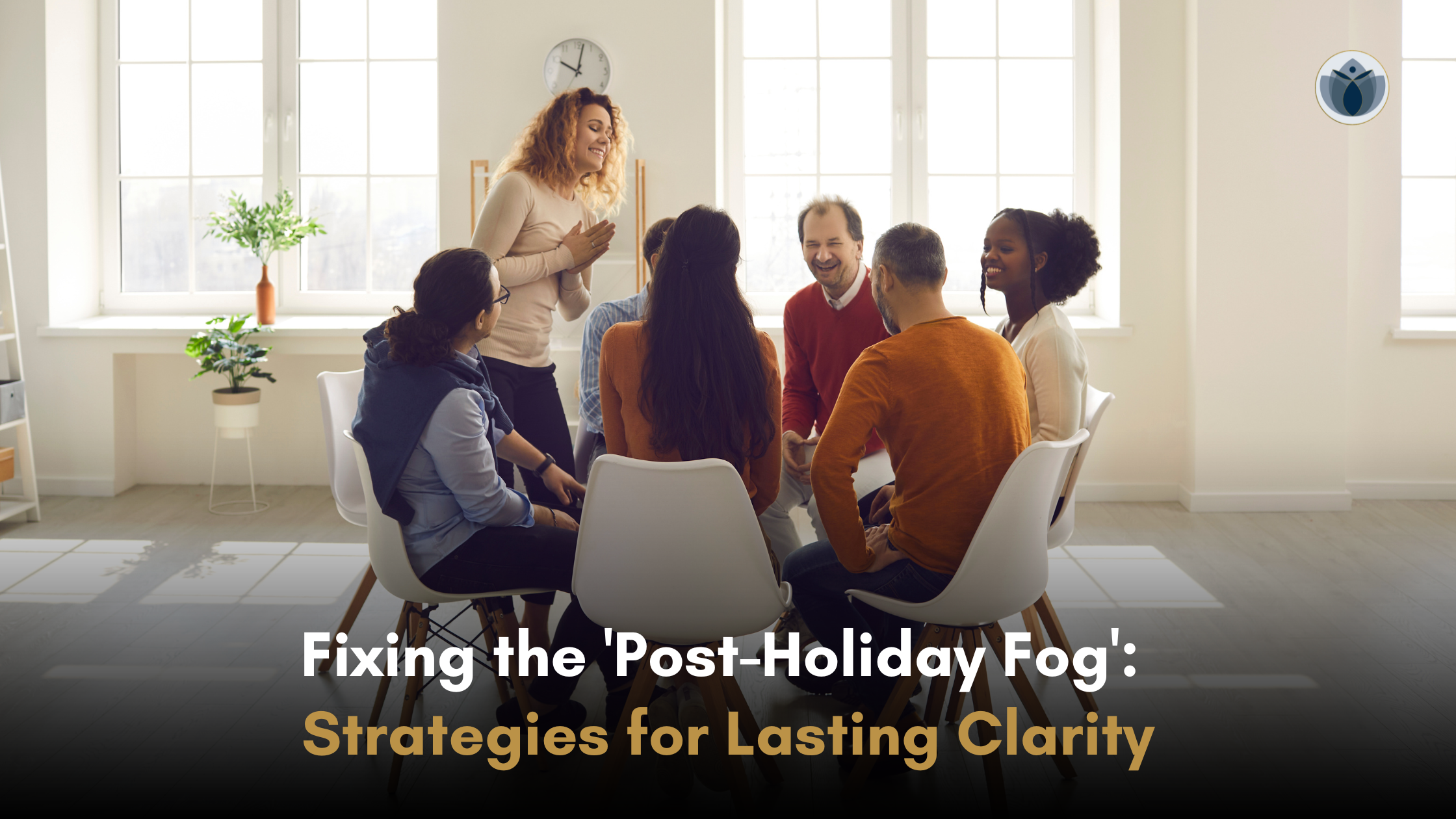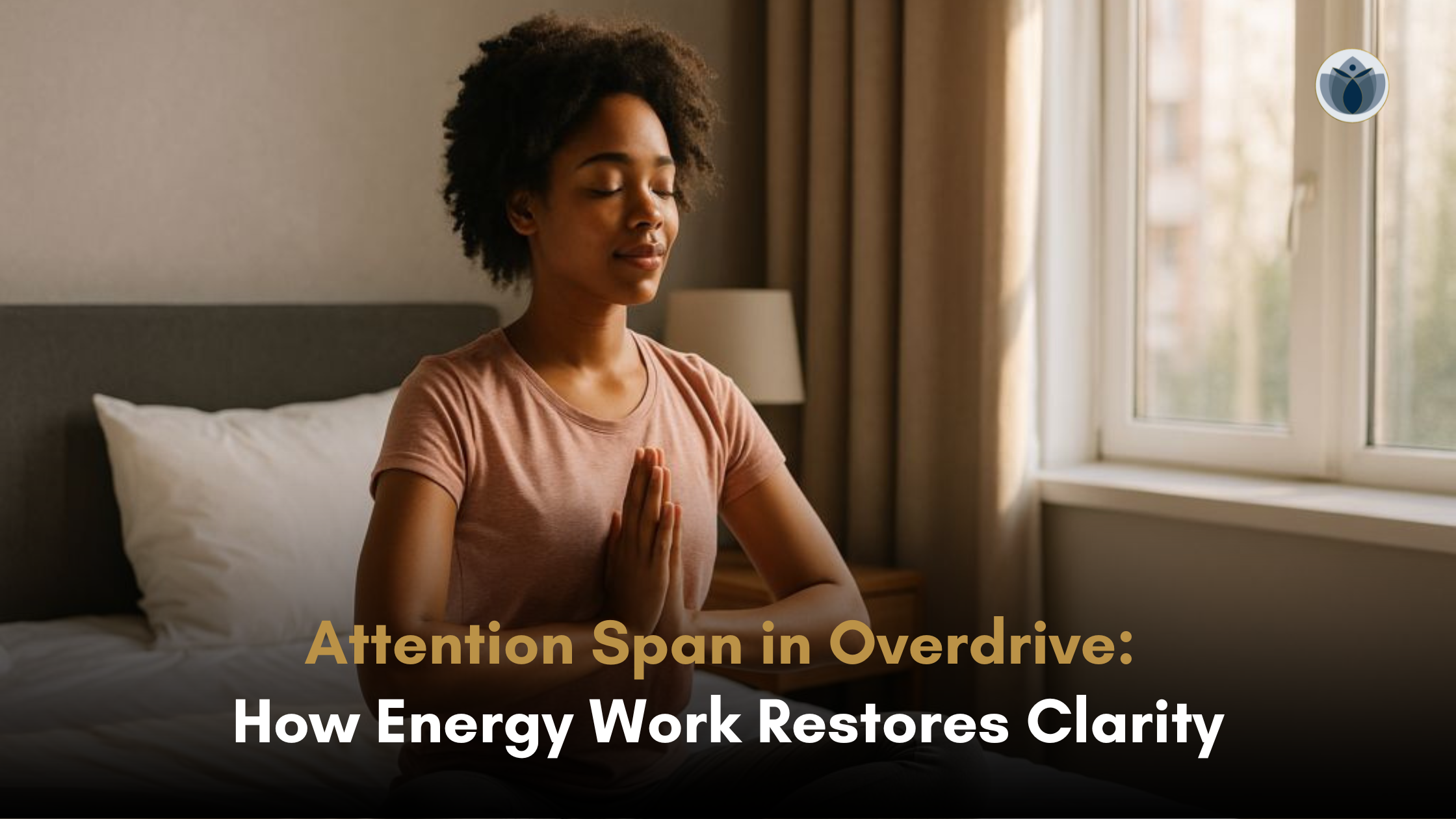You’re sitting on a scenic beach, there’s golden sand between your toes, and the soothing sound of crashing waves fills your ears. It is a beautiful-beautiful day—your perfect moment of relaxation. But hey, what am I seeing here? Instead of living this blissful moment, your mind’s racing from one thought to another— imagining a never-ending stream of “what ifs” and worst-case scenarios?
Oh dear, this is what overthinking does! It shatters your inner calm leaving you mentally and emotionally drained. Overthinking is like a stubborn whirlpool that draws you deeper into the sea of worry and self-doubt. It’s that criticizing voice in your head that questions every decision, replays past conversations, and gathers up all potential problems that may never come to pass.
Let me help you. First of all, we all are human, and it’s okay to make mistakes or stumble along the way. We don’t have to be too hard on ourselves for the past; instead, focus on the lessons we’ve learned. But before we begin, focus on healing your inner child first.
So, here’s your guide to help you understand what causes overthinking, its signs, how to stop overthinking, and your way to finding inner calm.
What Causes Overthinking?
Here are some common causes of overthinking:
- Perfectionism Paralysis: Striving for perfection in every aspect of life can lead to a continuous loop of second-guessing and self-doubt. Overthinkers often fear making mistakes and obsessively analyze every decision, preventing them from moving forward.
- Past Traumas and Unresolved Issues: Painful past experiences or traumas may linger in your subconscious mind, resurfacing as intrusive thoughts and fears.
- Lack of Confidence in Decision-Making: Overthinkers lack confidence in their decision-making abilities, constantly seeking external validation or reassurance before taking action.
- Comparison and Social Pressure: Comparing oneself to others and feeling stressed about meeting societal expectations fuels self-doubt and intensifies overthinking.
- Overstimulation and Information Overload: In today’s fast-paced world, constant exposure to information and stimuli can overwhelm the mind, making it difficult to quiet the mental chatter.
- Imposter Syndrome: Imposter syndrome messes with our heads, making us doubt our achievements and feel like phony. It leads us to the fear of being exposed— questioning each of our decision and fearing failure.
Signs of Overthinking
Here are some overthinking indicators to help you notice and examine your thought patterns:
- Thought Loops on Repeat: You know those songs that get stuck in your head? Well, overthinking is like having a playlist of thoughts that just won’t stop playing, on repeat! It’s like your brain is hosting its very own concert, and you’re the unwilling audience.
- Decision Dilemmas: You find it difficult to pick one ice cream at an ice cream parlor with a gazillion flavors (it’s not about ice creams, you know?), and you just can’t pick one because you’re afraid of making the wrong choice.
- The “What-If” Whirlwind: Overthinking may look like a whirlwind of constant what-ifs. What if this doesn’t go as planned? What if I don’t deliver the expected results? What if I don’t reach my goals? And so on.
- Rumination: Constantly replaying past conversations or events in your mind, trying to analyze every detail, and thinking about what others might be thinking about you.
- Seeking Reassurance: You always find yourself on a treasure hunt, but instead of searching for gold, you seek reassurance and validation from others.
Coping With Overthinking
- Mindfulness and Meditation: Practice mindfulness to bring your focus back to the present moment. Meditation works wonders to help quiet your mind and reduce the noise of overthinking.
- Challenge Negative Thoughts: Every time you find yourself overthinking, ask yourself if you’re thinking rationally. If your answer is no, try to be positive and have realistic thoughts.
- Distract Yourself: Engage in activities you love. It’s one of the best ways to cope with overthinking.
- Physical Activity: Exercise to release built-up tension and clear your mind. Go for a walk, do yoga, or hit the gym—just move!
- Talk: Every time you find yourself overwhelmed with thoughts, reach out to someone you trust, you’re always welcome to join our healing circle— a safe community to ask for support and inspiration while sharing your frustrations when life becomes messy.
- Limit Information Intake: Set boundaries and reduce the amount of information and stimuli you expose yourself to. This will protect you from information overload— a leading cause of anxiety and overthinking.
- Practice Self-Compassion: Be kind to yourself and recognize that it’s okay to have thoughts but not be consumed by them. Ask yourself how you would treat a good friend in a similar situation.
- Focus on Solutions: Instead of endlessly pondering problems, shift your focus to finding practical solutions and taking action.
- Journaling: Write down your thoughts and feelings to externalize them. It’s an amazing way to declutter your mind and gain insights.
- Professional Support: It’s always a good idea to reach out for professional support. Professionals can help you in ways you can’t even imagine.
Closure
The journey to conquer overthinking and find inner calm begins with understanding its root causes and recognizing its signs. Embrace the power of healing your inner child, for it holds the key to breaking free from the chains of overthinking. Practice mindfulness, challenge negative thoughts, and seek support from loved ones. Remember, it’s okay to stumble; treat yourself with self-compassion. Seek seeking professional help if needed. Trust me, you can transform your overthinking whirlpool into a peaceful oasis of clarity and peace. Live life to the max— you absolutely deserve all the happiness it brings!
Take the first step towards inner calm and conquer overthinking. Join our transformative healing session now to break free from the chains of overthinking and embrace a life of serenity and peace.
Contact Jacquline Kane, a professional therapist, for a FREE assessment and get her best recommendations to transform your pain, body, and life and release all your physical, emotional, and spiritual pain.






